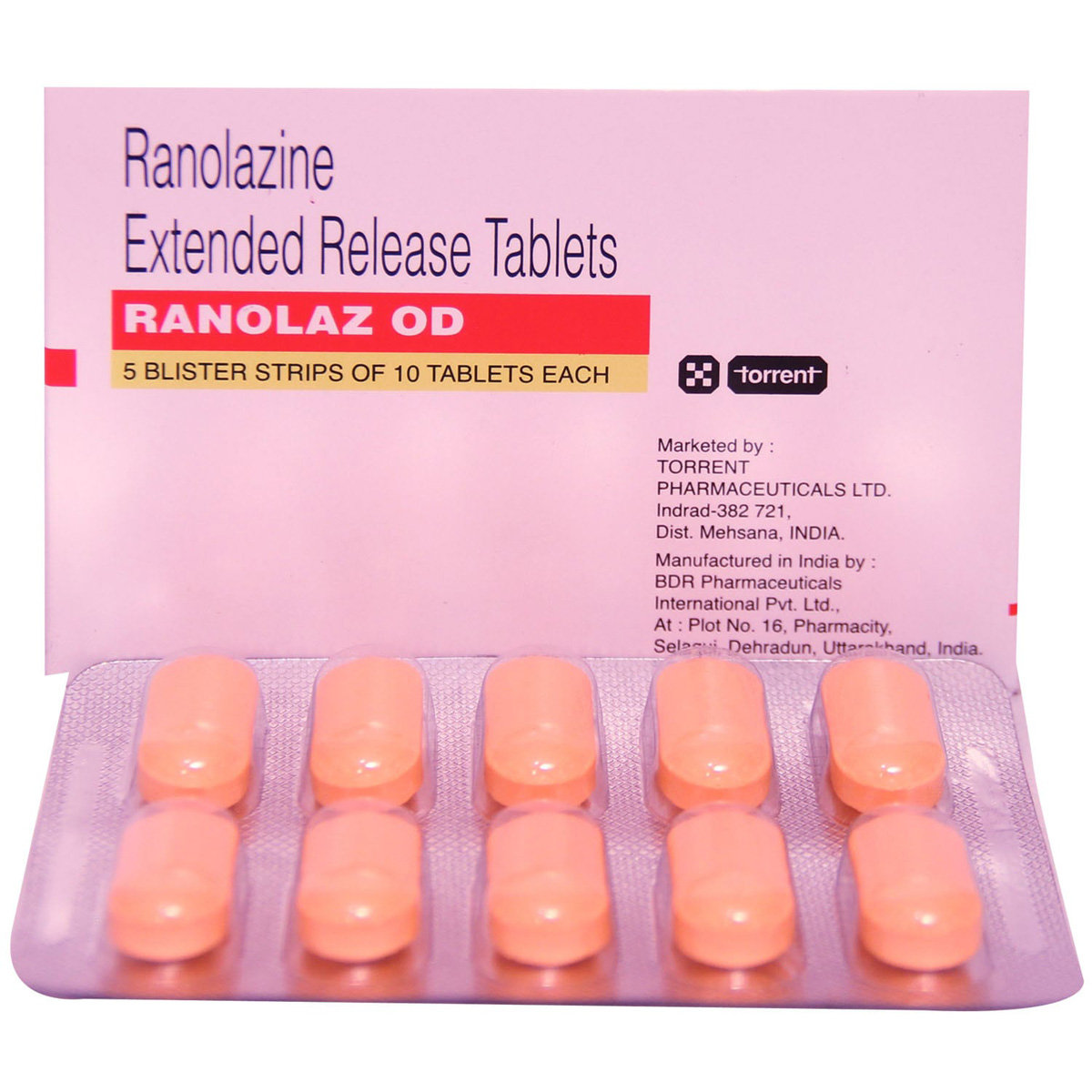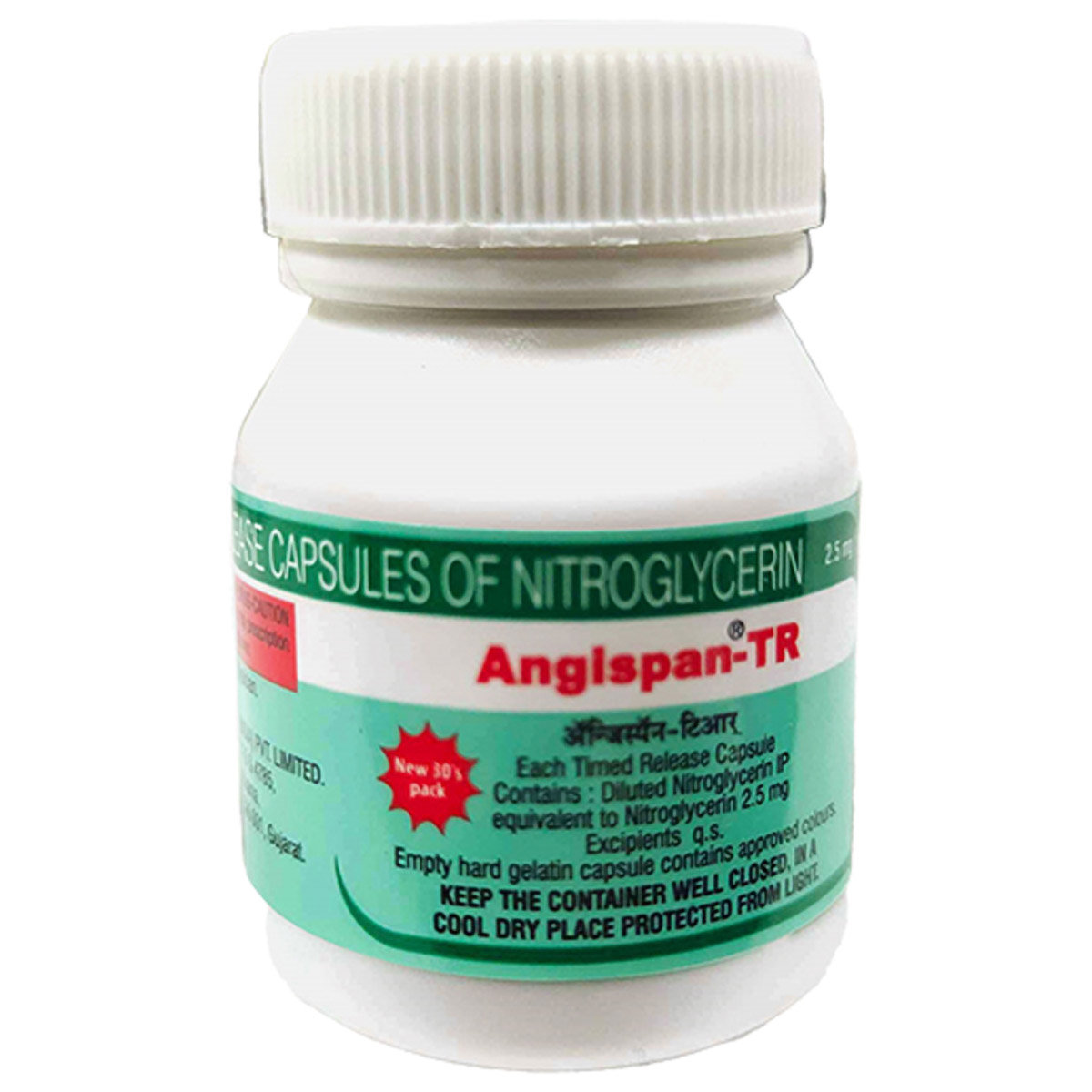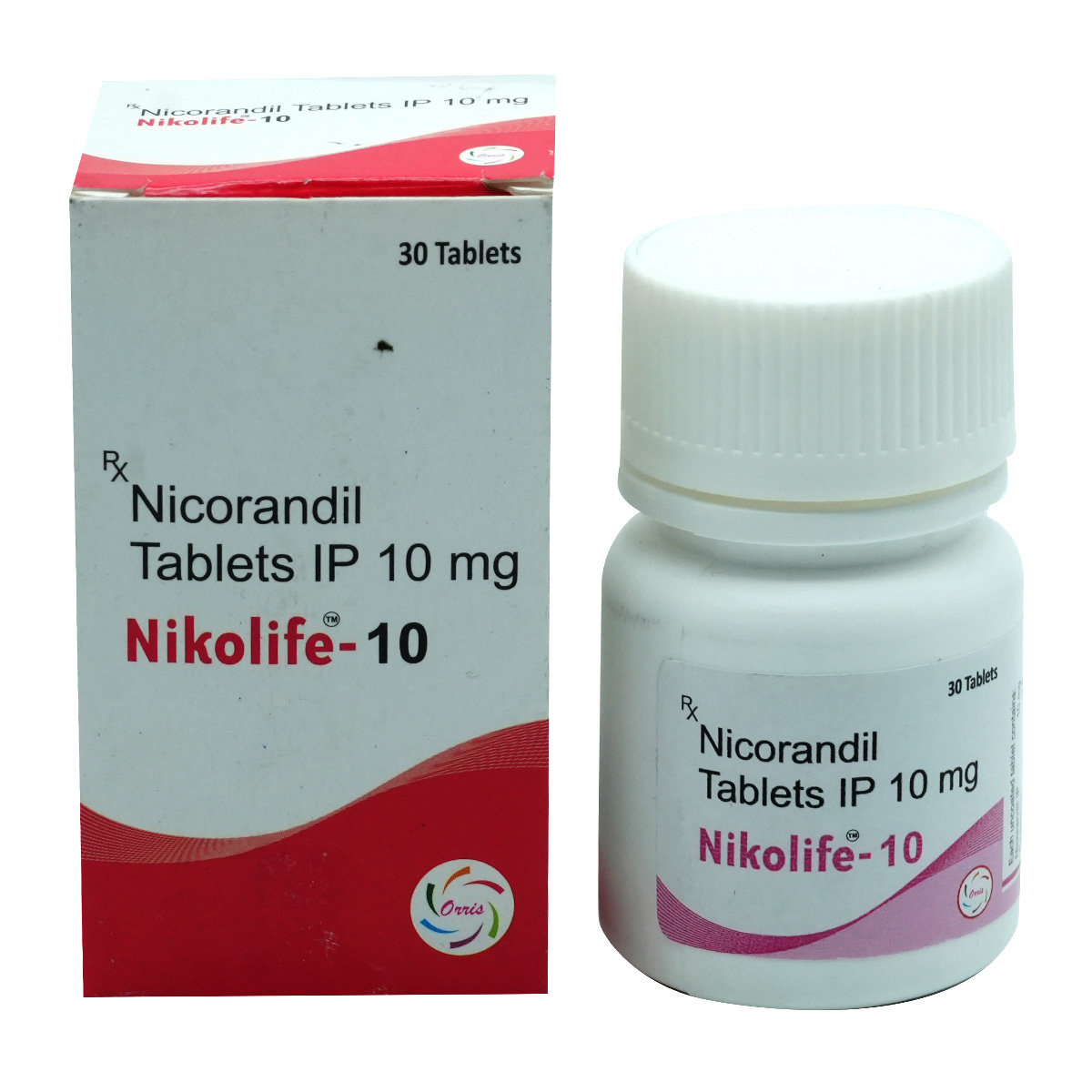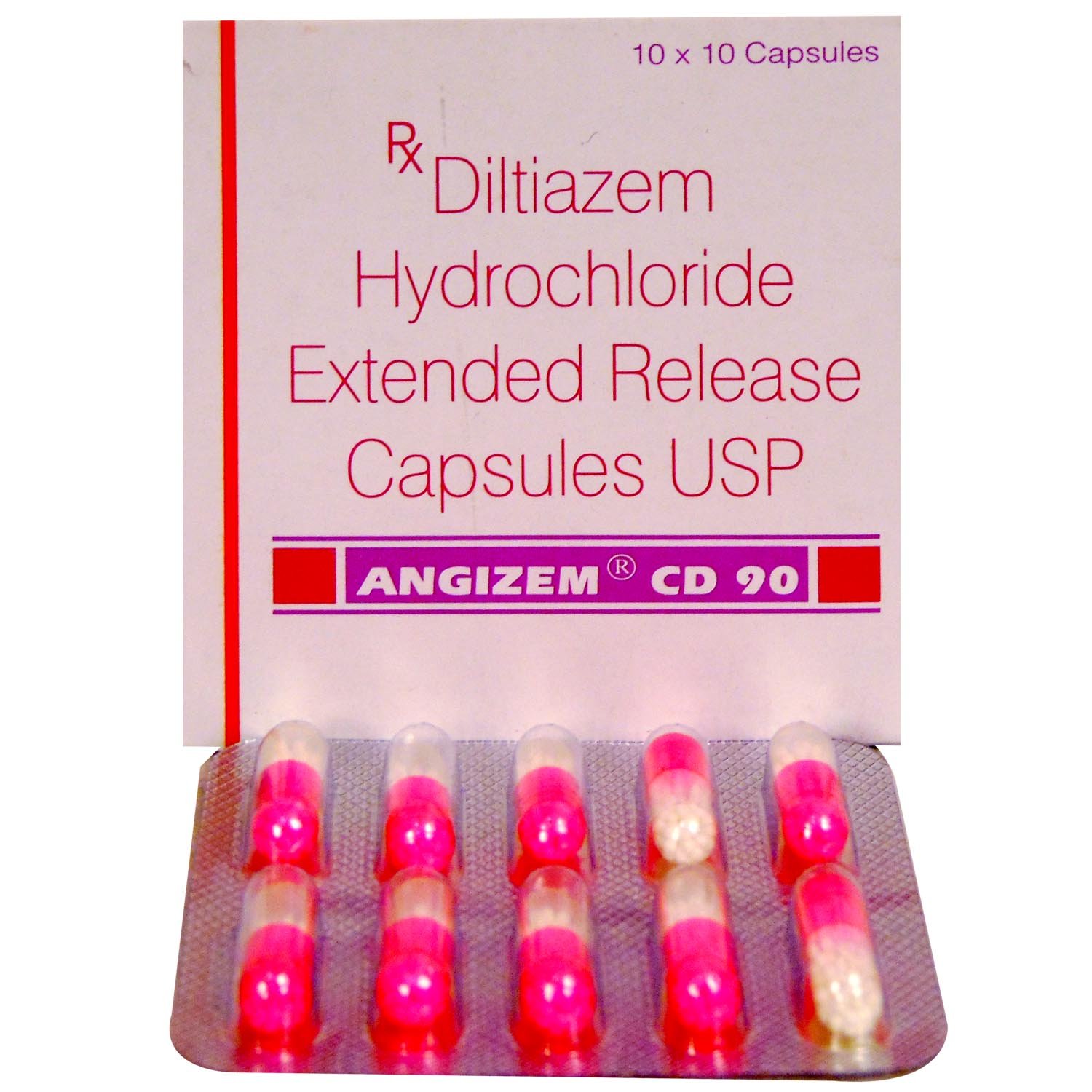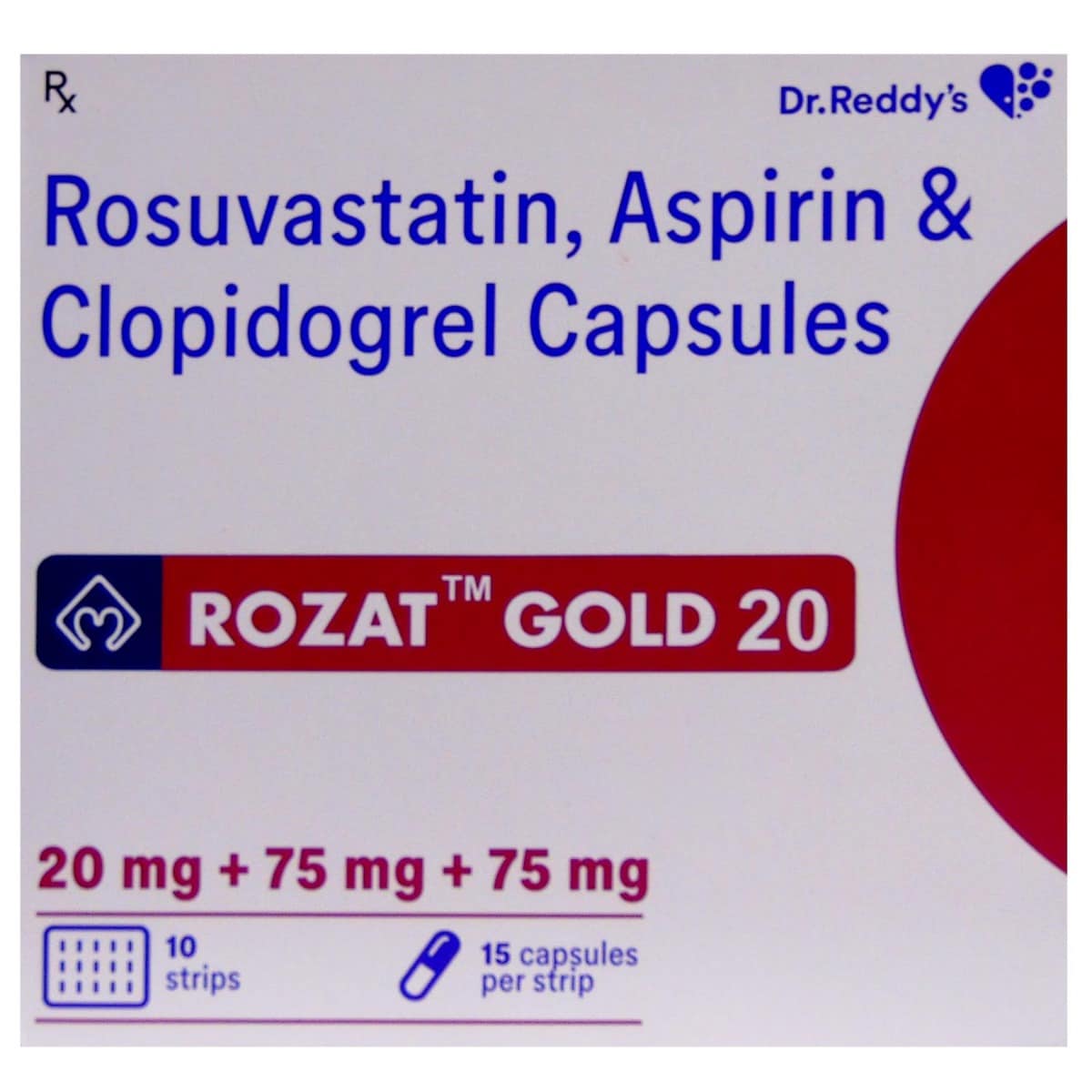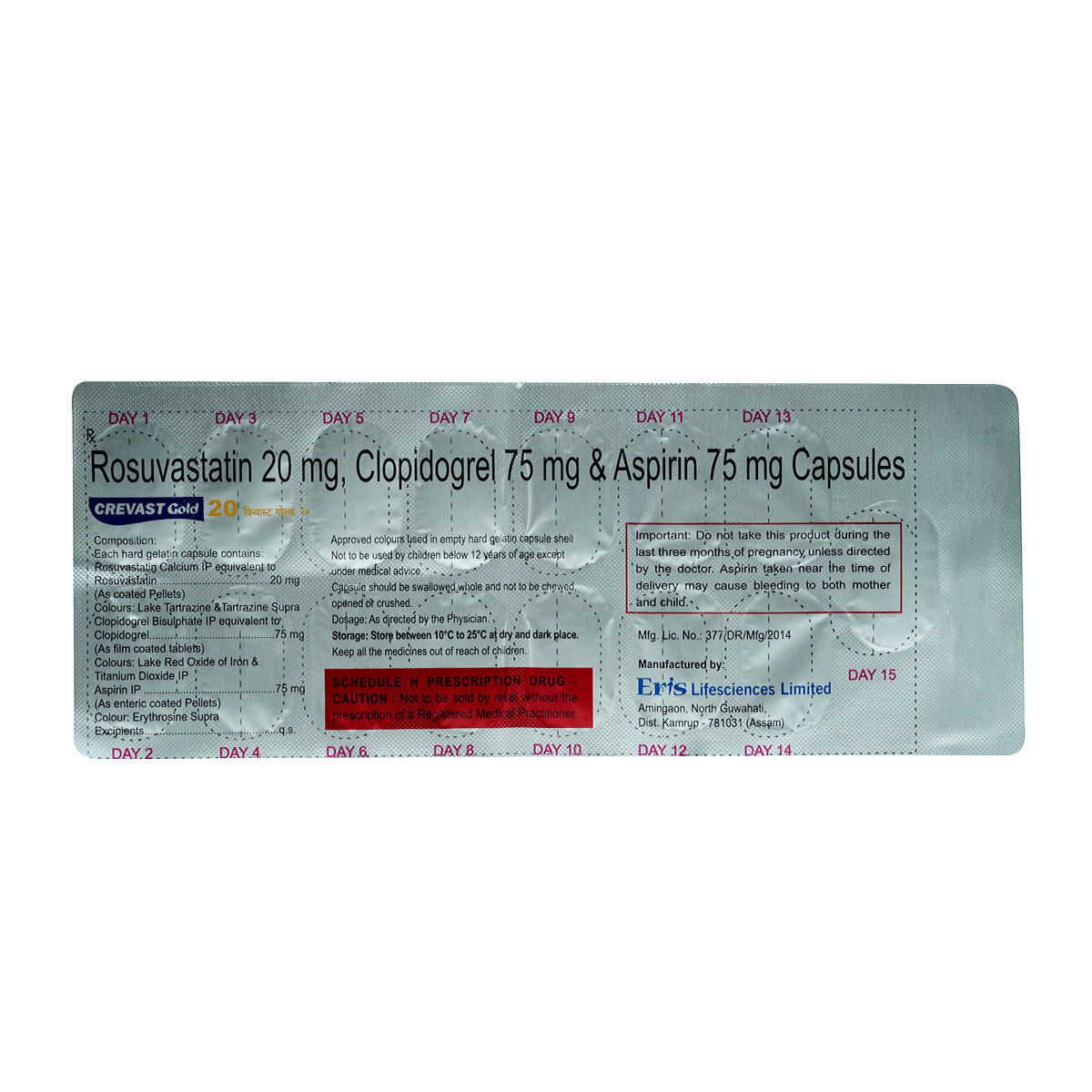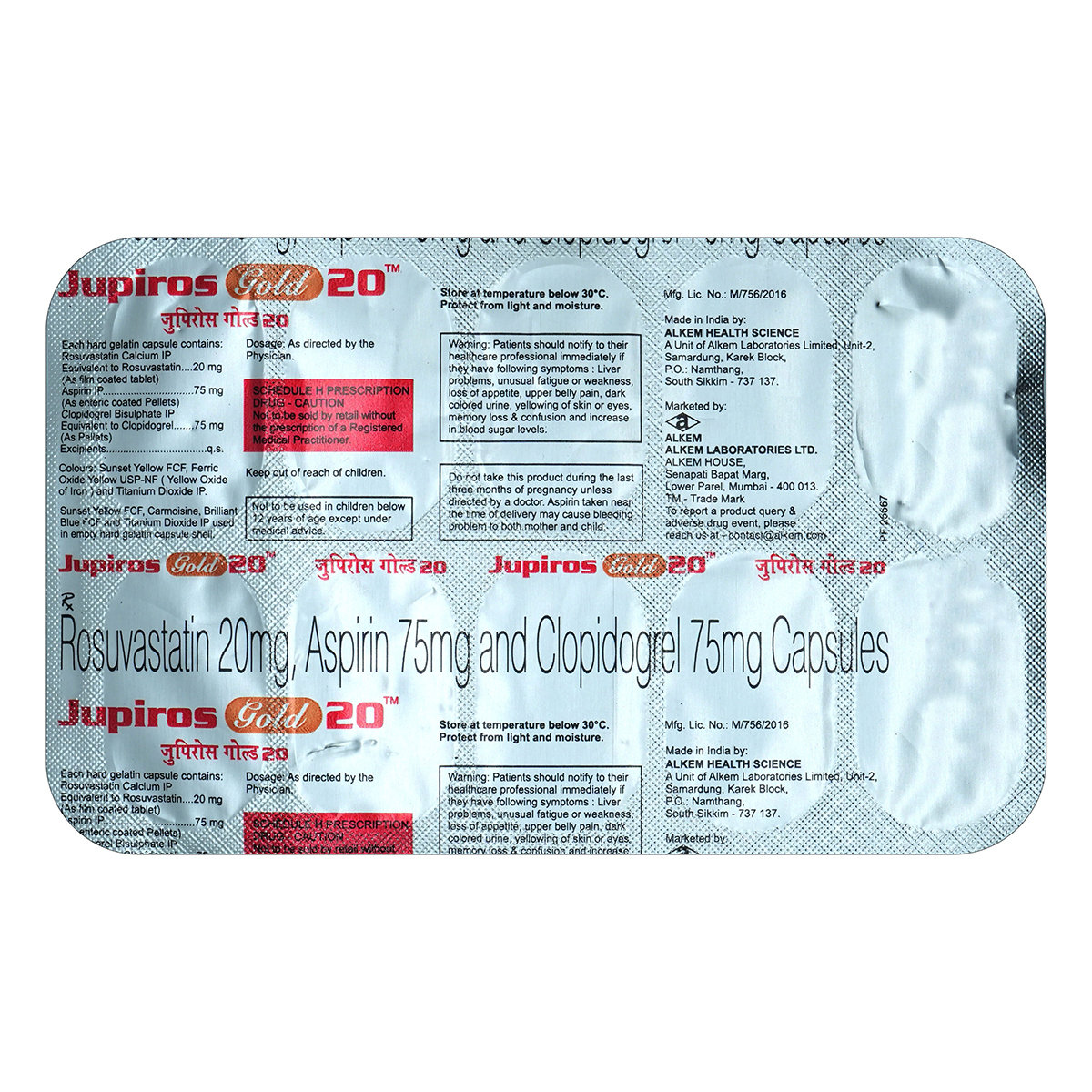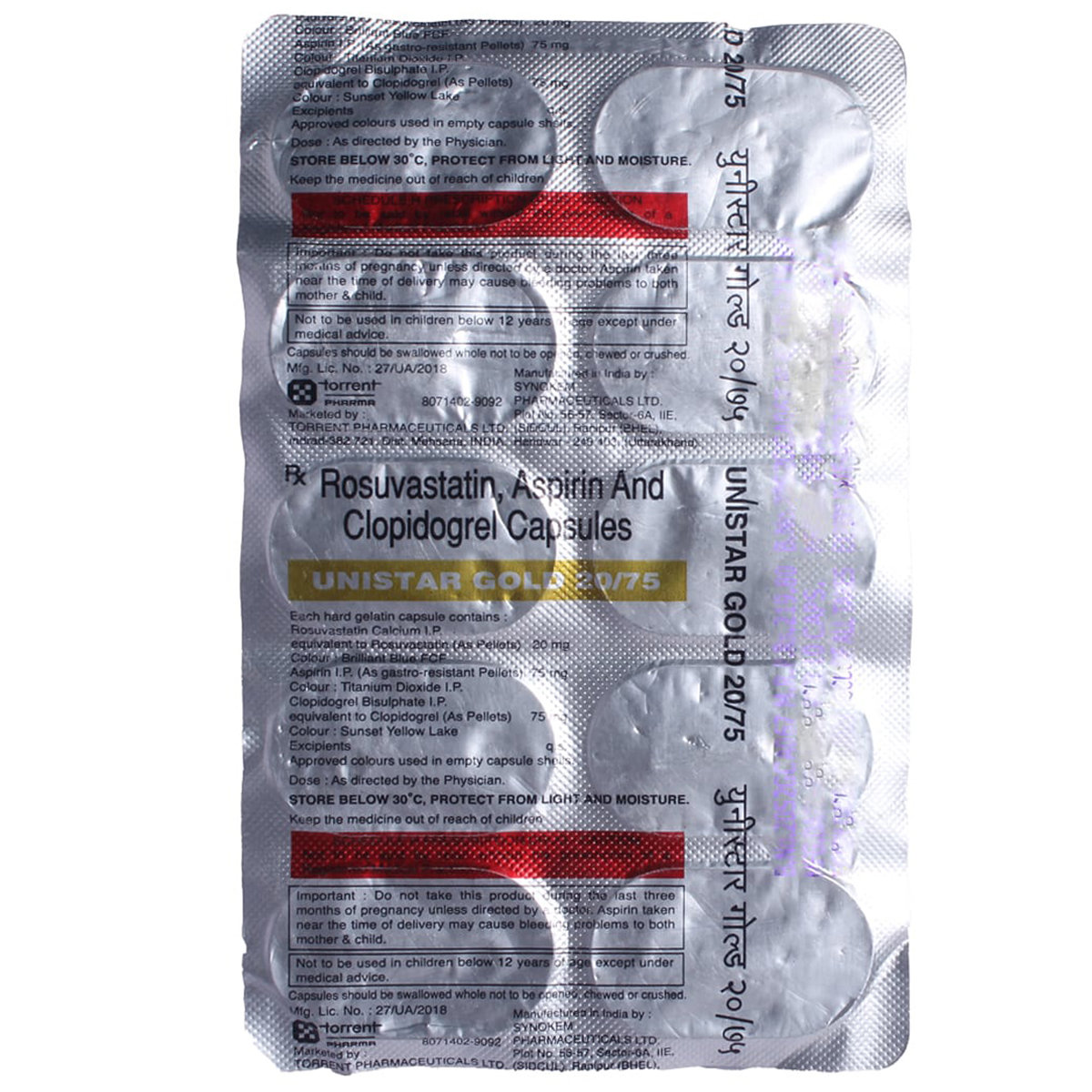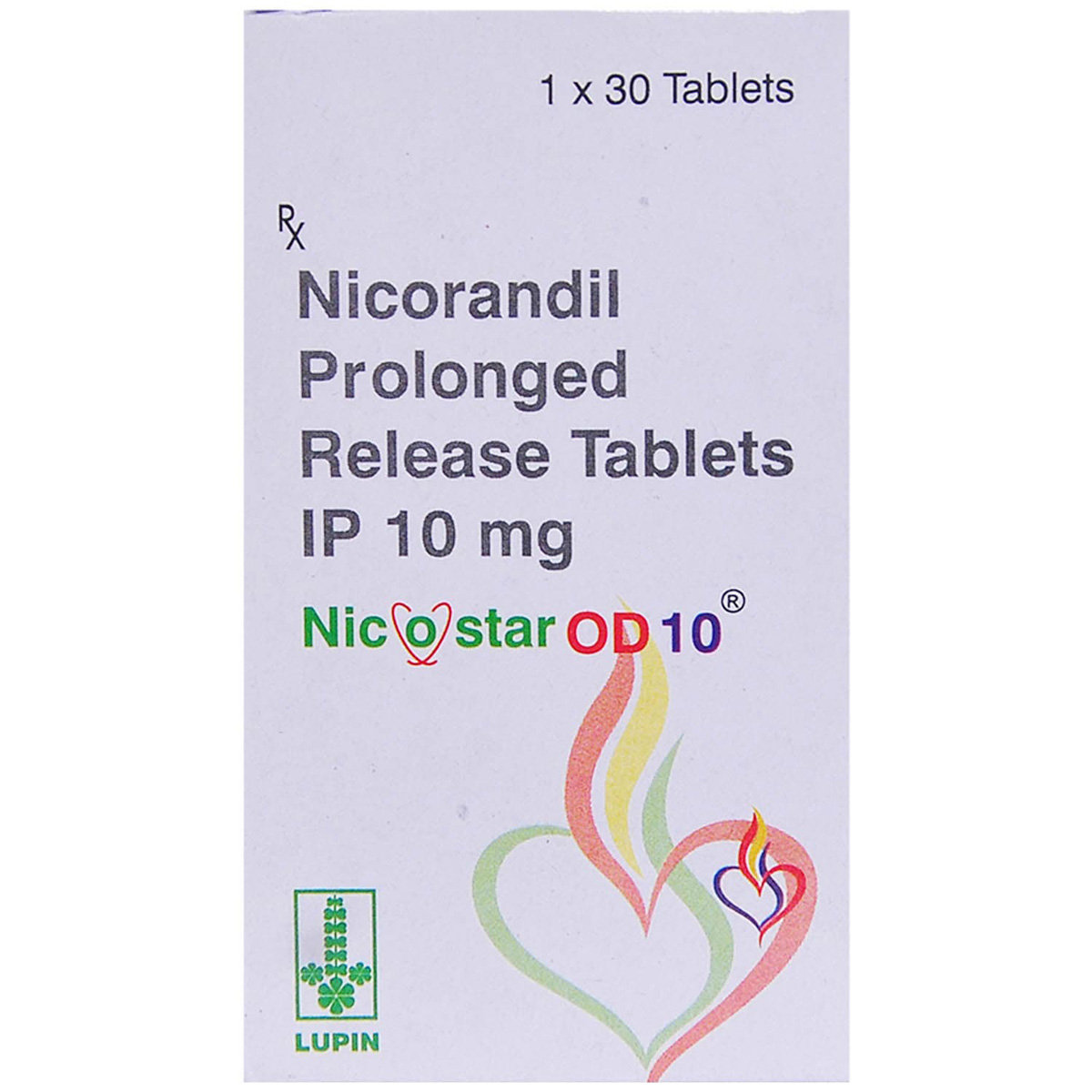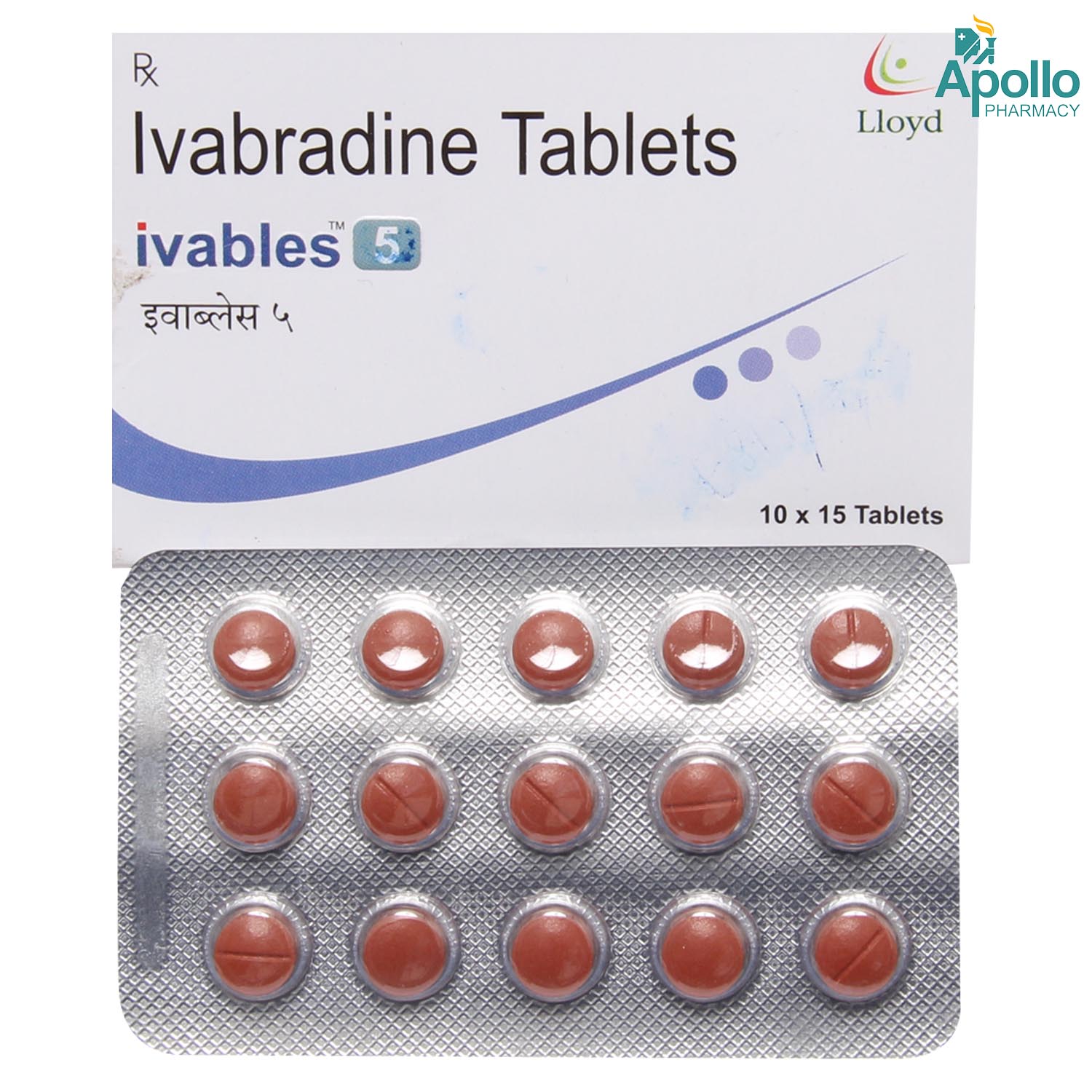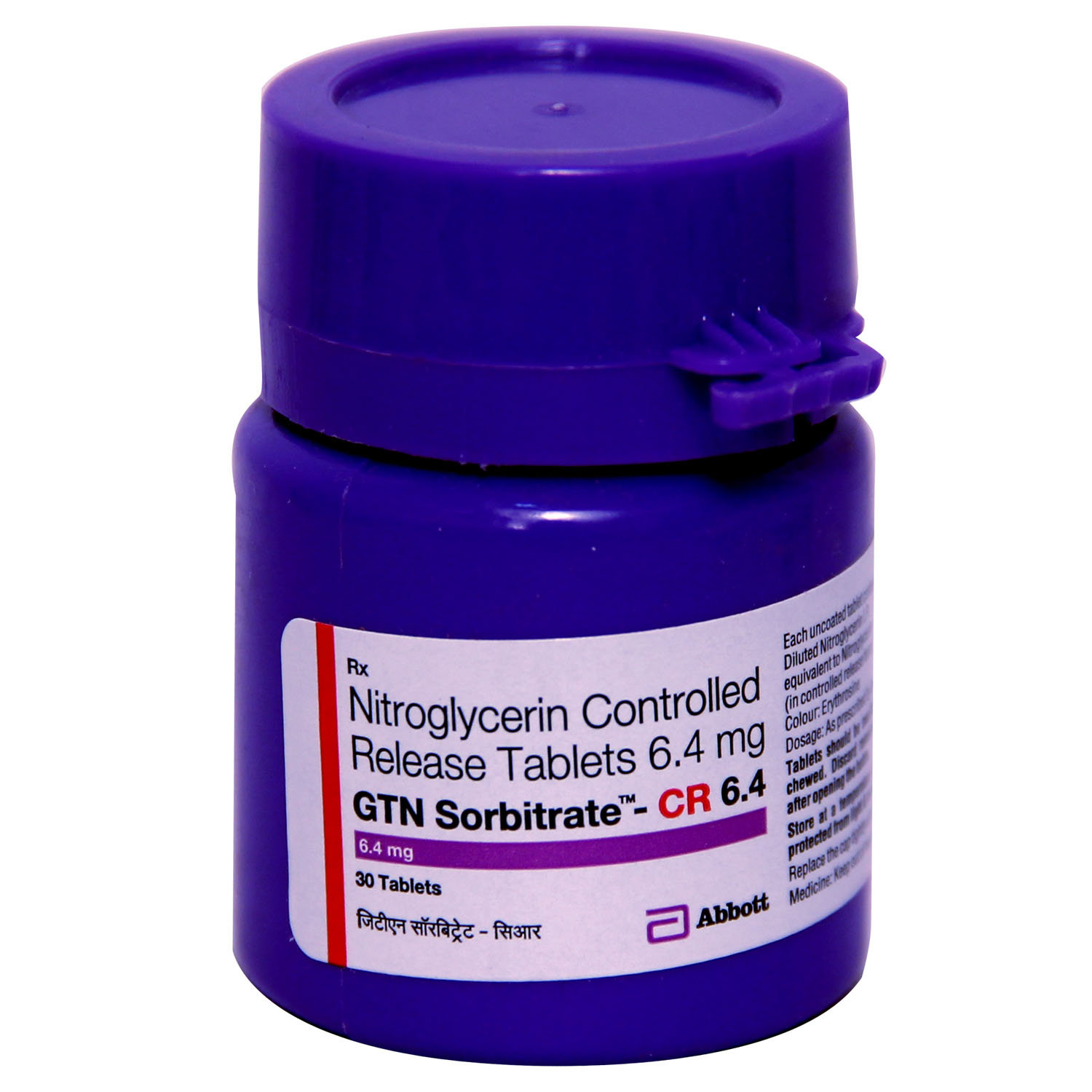- Home
- Health Condition
Medicine For Angina
Medicine For Angina
- Total Items (889)
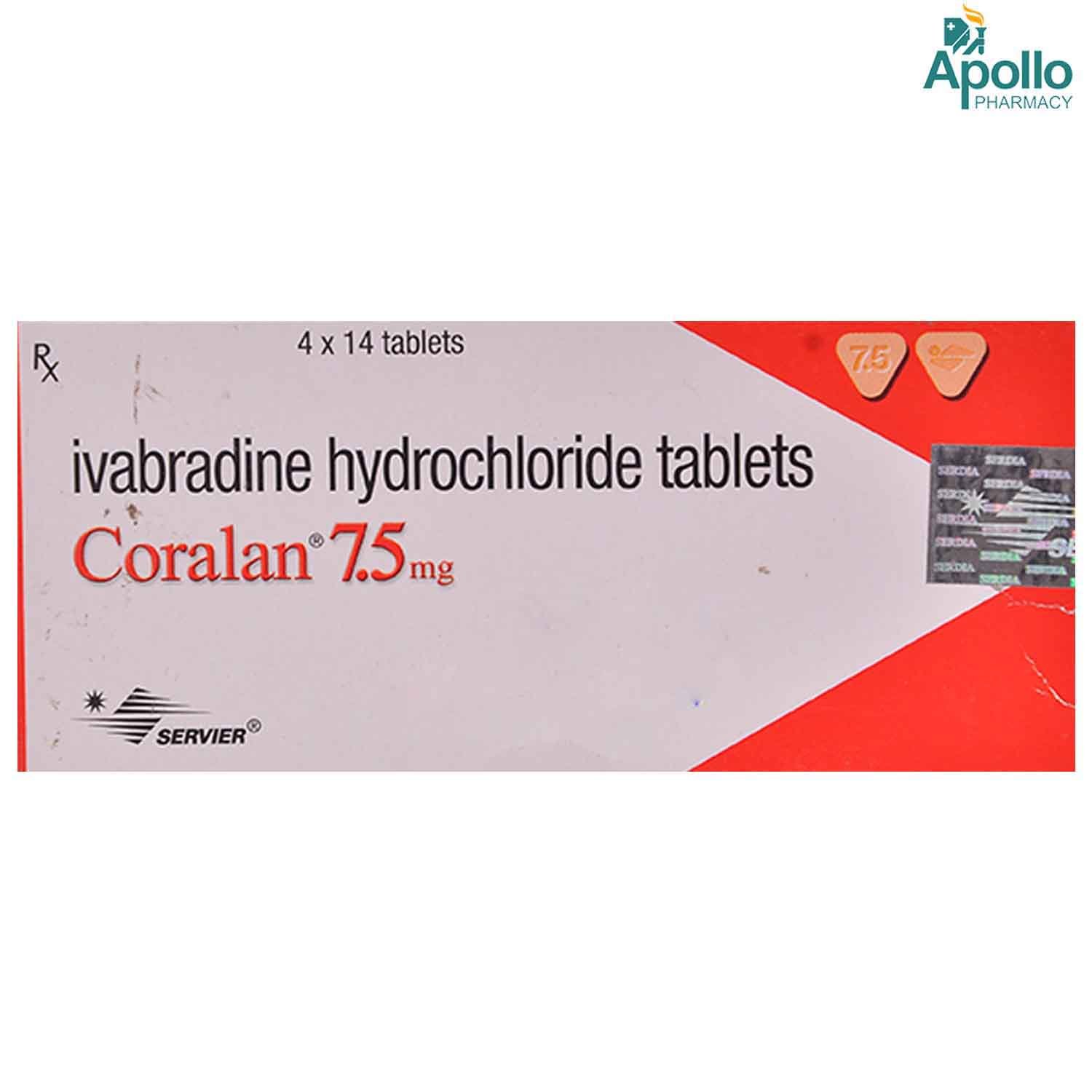 RX
RXCoralan 7.5 mg Tablet 14's
₹360.50
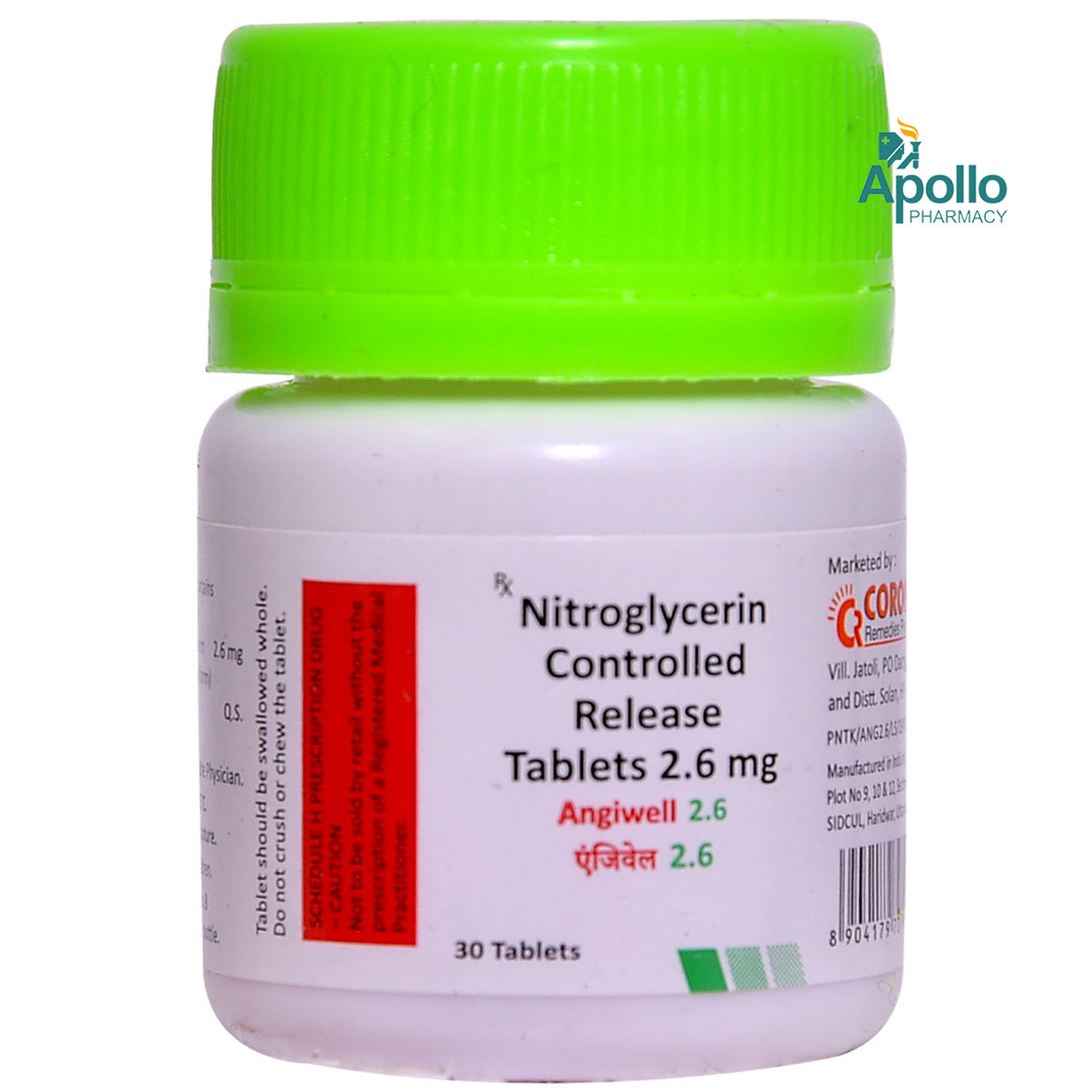 RX
RXAngiwell CR 2.6 Tablet 30's
₹246.50
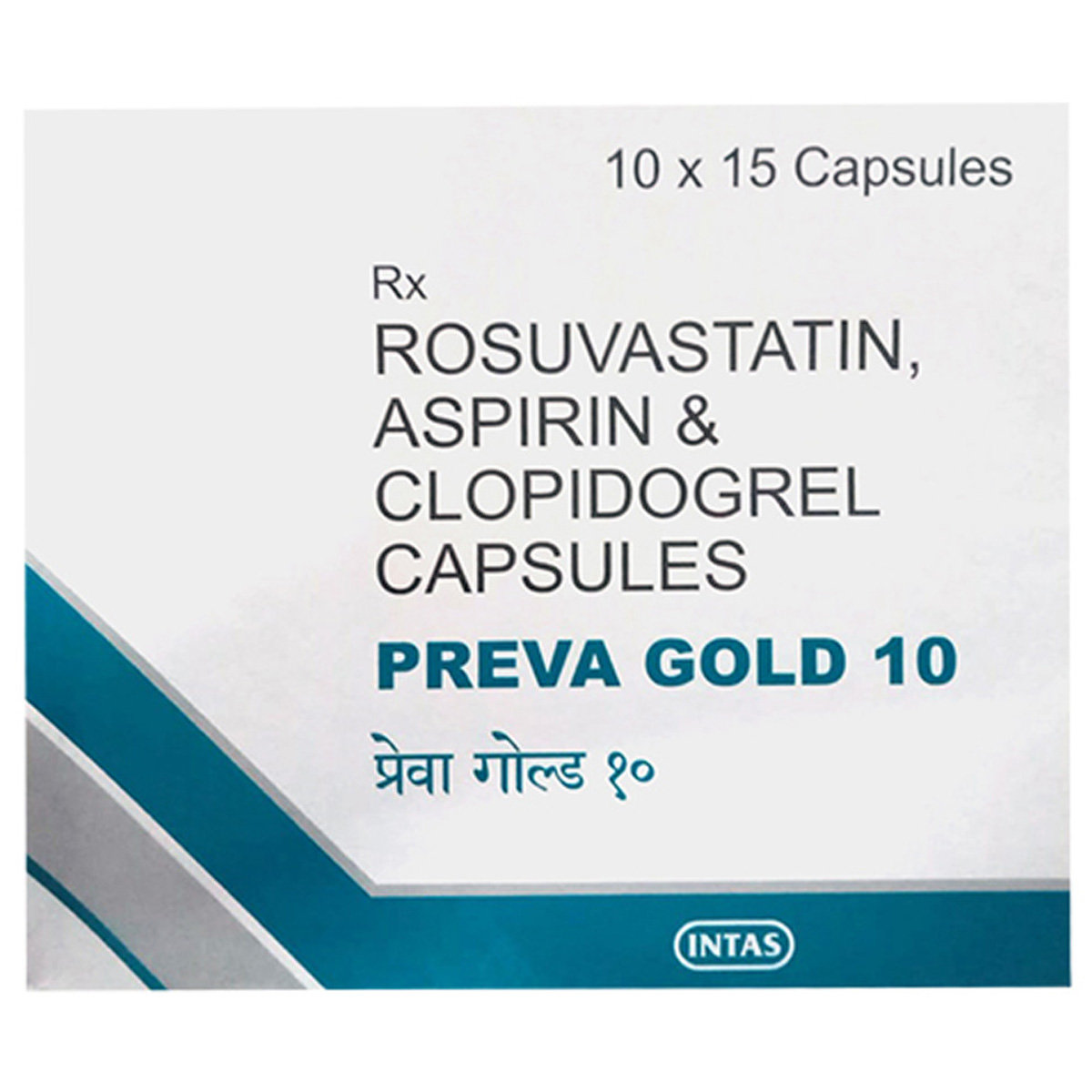 RX
RXPreva Gold 10 Capsule 15's
₹251.50
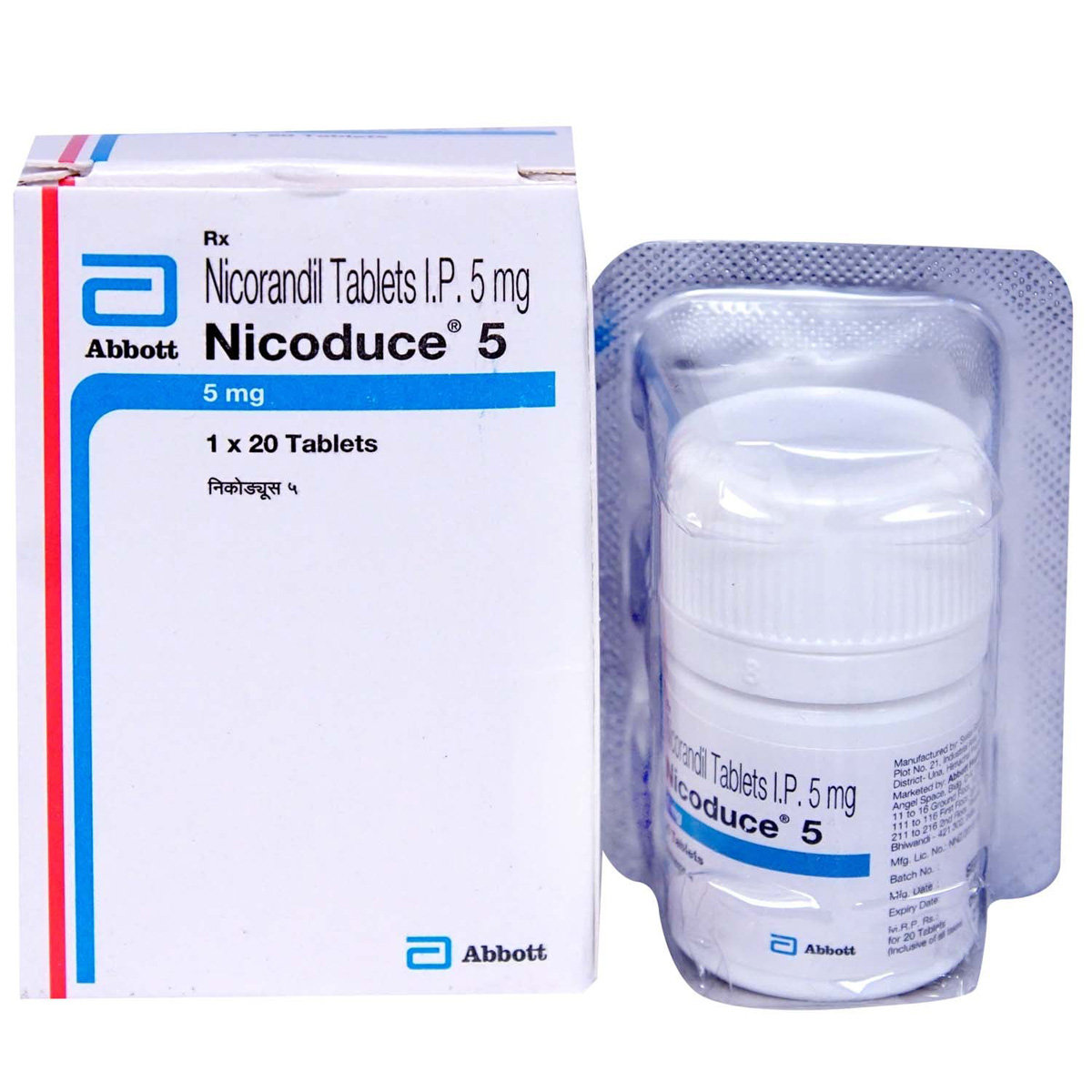 RX
RXNicoduce 5 Tablet 20's
₹501.50
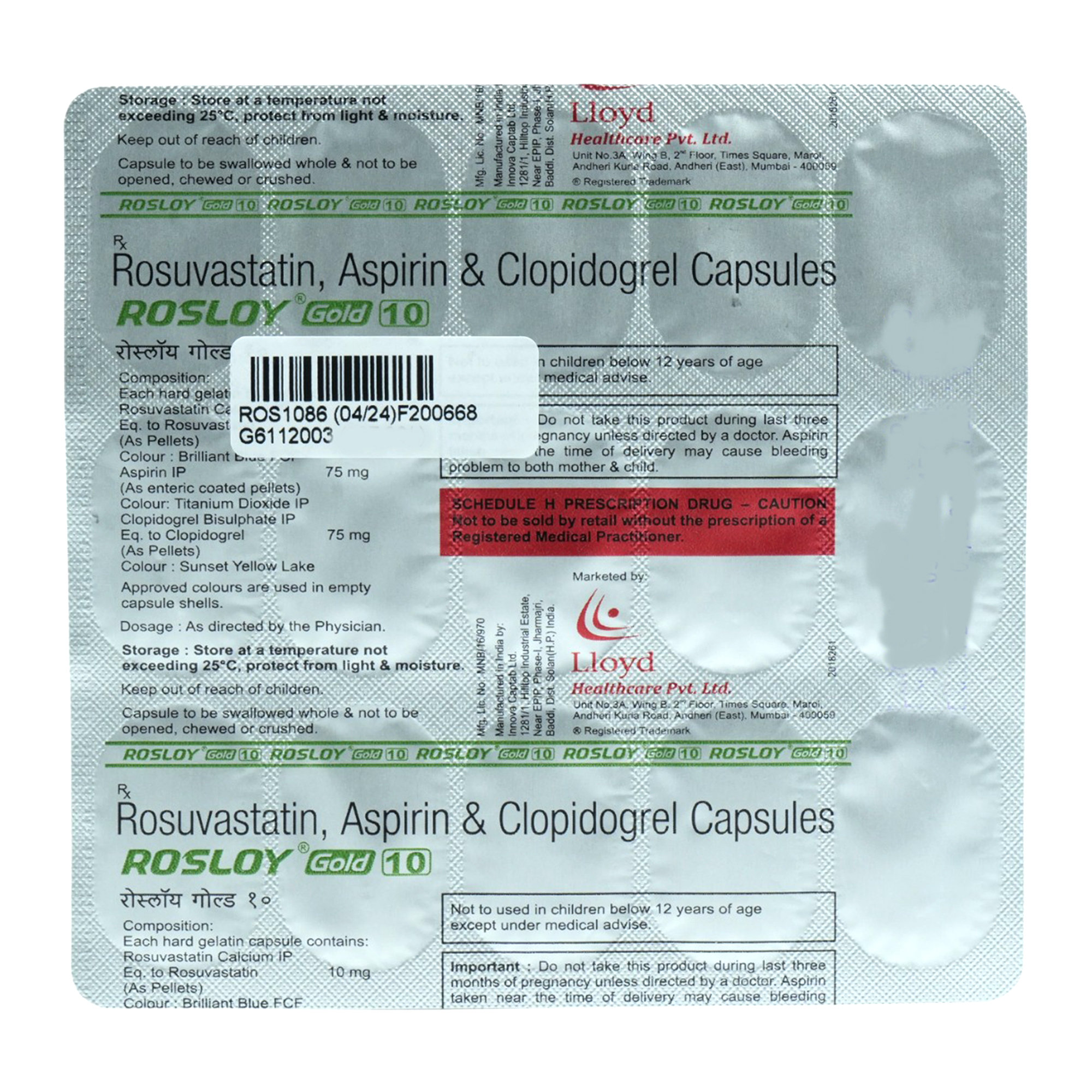 RX
RXRosloy Gold 10 Capsule 15's
₹302.50
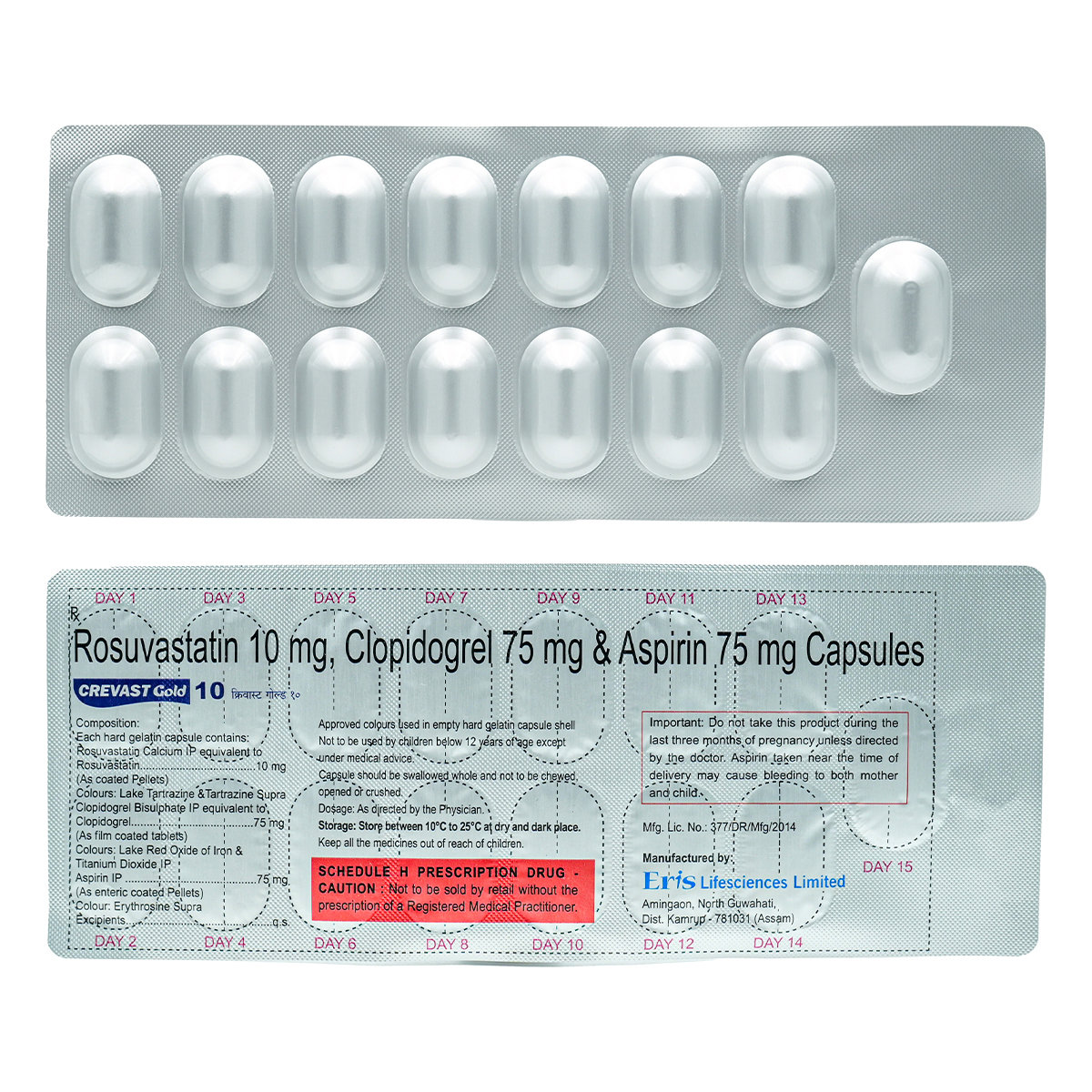 RX
RXCrevast Gold 10 Capsule 15's
₹302.50
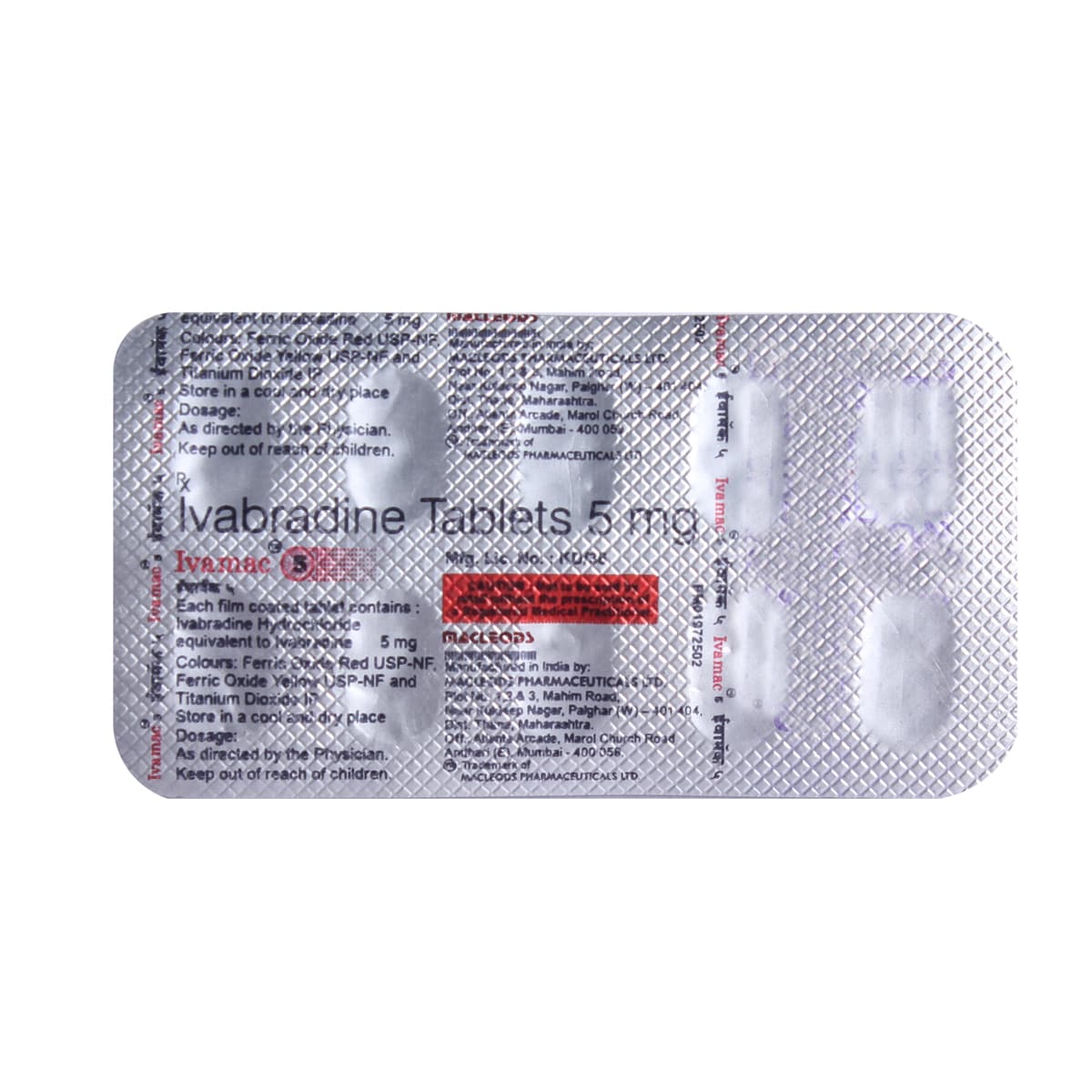 RX
RXIvamac 5 Tablet 10's
₹218.50
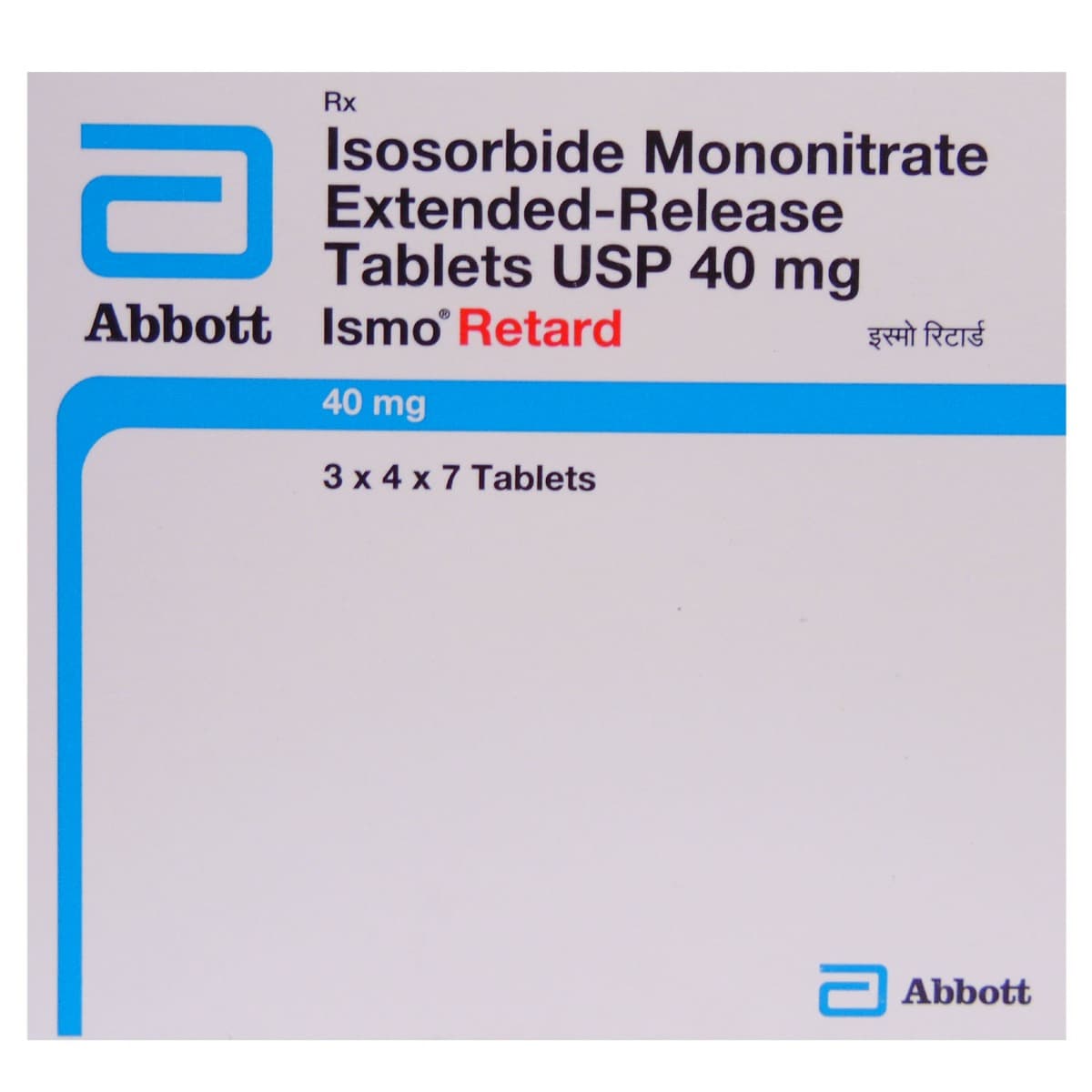 RX
RXIsmo Retard Tablet 7's
₹131.50
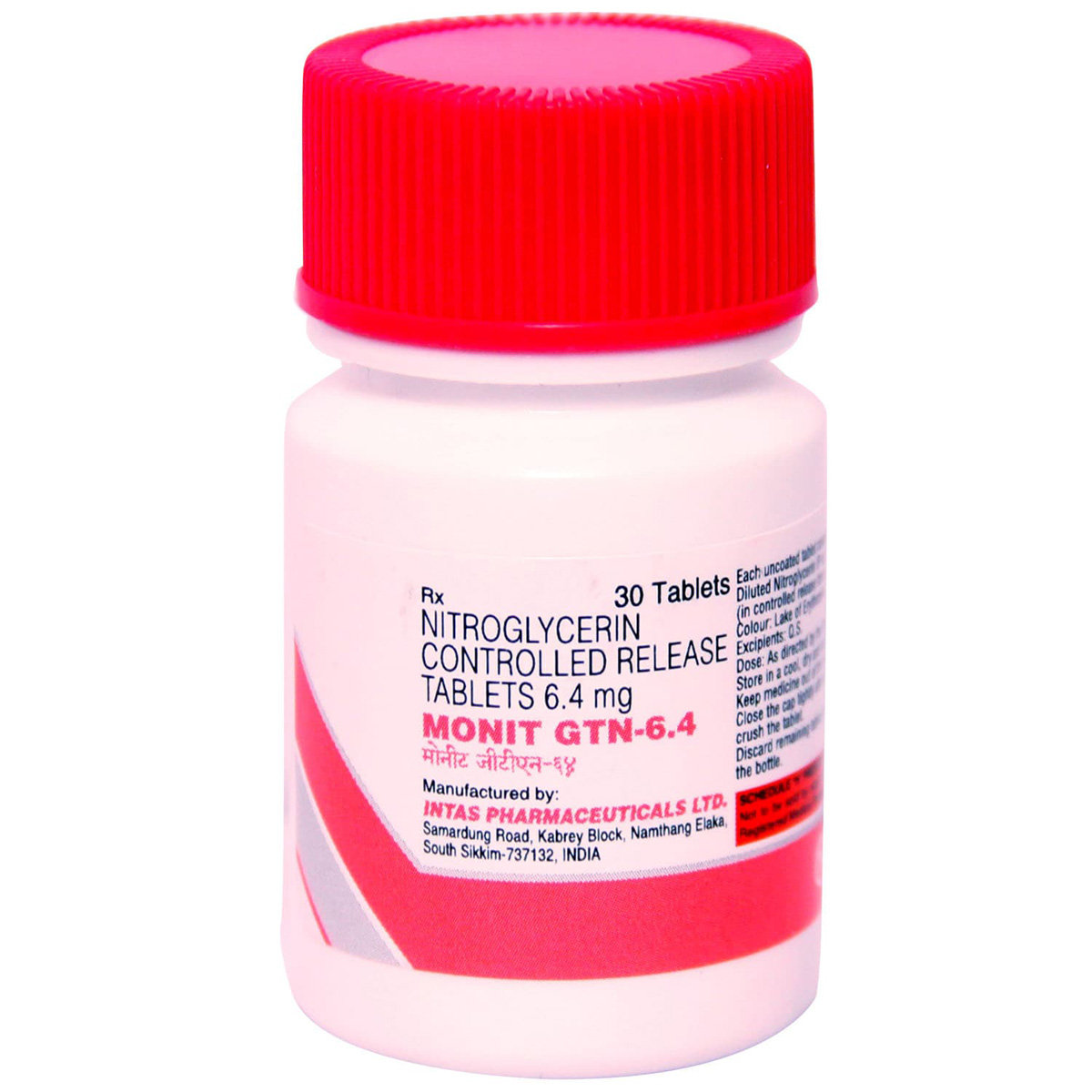 RX
RXMonit GTN-6.4 Tablet 30's
₹320.50
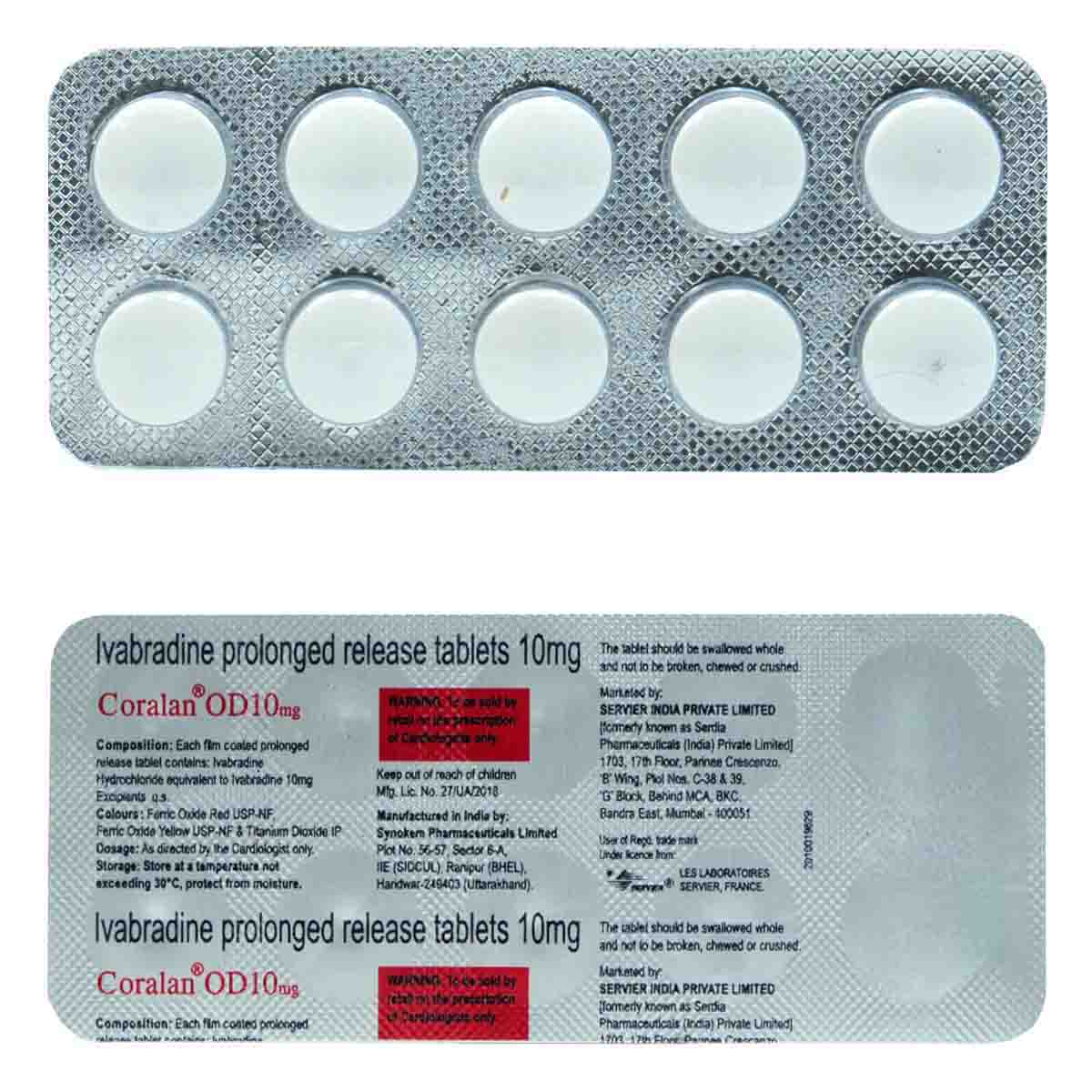 RX
RXCoralan OD 10 mg Tablet 10's
₹328.50
Medicine For Angina
Angina is a type of chest pain that can be caused by reduced blood flow to the heart. It is a symptom of Coronary Artery Disease (CAD). It is also called angina pectoris. Angina is often described as heaviness, tightness, pressure, or pain in the chest. Individuals may feel like a heavy weight lies on their chest. Managing angina may typically involve lifestyle modifications and medications to improve blood flow, reduce the workload of the heart and prevent complications. Various medicines for angina can be prescribed based on the severity and type of the condition, ensuring effective symptom control and prevention of future cardiac events.
Types of Medicines Used for Angina
A healthcare provider can prescribe several types of medications for angina, each serving a specific function for improving heart health and reducing symptoms. If individuals have stable angina, they might be able to control it with lifestyle changes and medicines. In cases of unstable angina, treatments may be required, which may involve medicines or a procedure.
Medicines that may improve angina symptoms include:
1. Statins
These are often prescribed to treat high cholesterol. They might also help prevent fatty deposits called plaque from clogging heart arteries. Common statins used for treating angina include atorvastatin, fluvastatin, and pravastatin.
2. Nitroglycerin
This medicine helps widen the heart arteries and can control or relieve chest pain. Nitroglycerin is available as a spray, pill, or patch. Common examples include glyceryl trinitrate and isosorbide mononitrate.
3. Beta-Blockers
These medicines help the heart beat more slowly and with less force, easing angina pain. Common examples include atenolol, bisoprolol, and metoprolol.
4. Calcium Channel Blockers
These medicines help relax blood vessels and reduce the workload on the heart. Examples include diltiazem, amlodipine, and verapamil.
5. Ranolazine
This is a newer medication that helps relieve chronic angina without significantly affecting heart rate or blood pressure. It might also be given with or instead of beta-blockers for angina. It is typically used if angina symptoms do not improve with other medicines.
6. Antiplatelet Drugs
These medicines help prevent the formation of blood clots, making it easier for the blood to flow through narrowed heart arteries. They also help reduce the risk of heart attacks. Commonly prescribed medicines are Aspirin and clopidogrel.
Benefits of Using Angina Medicines
Prescribed Angina medicines provide numerous health benefits, helping patients lead a more comfortable life with reduced symptoms and risks.
Key benefits of using angina medicines include the following:
- Improved Blood Flow: Nitrates and calcium channel blockers ensure the supply of adequate oxygen supply to the heart muscle.
- Enhanced Heart Function: Beta-blockers and calcium channel brokers reduce strain on the heart and help improve its efficiency over time.
- Pain Relief: Medicines such as nitrates can provide instant relief from angina symptoms by relaxing blood vessels.
- Prevention of Heart Attacks: Antiplatelet drugs help reduce the risk of clot formation and prevent cardiac emergencies.
- Lowered Cholesterol Levels: Statins help in controlling cholesterol levels. These medicines help reduce the further narrowing of arteries.
- Long-Term Cardiovascular Protection: Regular use of prescribed medicines helps prevent future complications that can be associated with coronary artery disease.
Dosage & Usage Instructions of Angina Medicines
Proper use of angina medicines is essential in effectively controlling the symptoms and preventing complications.
Below are a few guidelines to follow:
How Much to Take?
- The dosage depends on the specific medicine and the patient’s condition.
- Beta-blockers and calcium channel blockers can be taken once or twice daily as prescribed.
- For nitrates, a spray, or a standard sublingual tablet may be prescribed for angina attacks.
- Ranolazine dosages may vary and are determined by a healthcare provider.
- Antiplatelet drugs and statins can be taken once daily as prescribed, preferably at night.
When to Take?
- Antiplatelet drugs should be taken as directed, often in the morning or evening.
- Nitrates can be taken as prescribed at the onset of chest pain or before engaging in activities that may trigger angina.
- Beta-blockers, calcium channel blockers and statins can be taken at consistent times daily as prescribed.
When to Stop?
Healthcare providers advise against abruptly stopping angina medicines without consulting them.
- In case of side effects, individuals must consult their healthcare provider for alternatives or adjustments.
- Stopping beta-blockers suddenly can lead to increased heart rate and chest pain.
Caution
- It is essential to be aware of potential drug interactions if taking multiple medicines.
- It is essential to monitor side effects such as fatigue, dizziness, or swelling and report concerns to a healthcare provider.
- It is essential to avoid alcohol and grapefruit juice with certain angina medications.
- It is essential for patients with kidney or liver conditions to inform their healthcare providers before starting treatment.
Buy Medicines for Angina Online at Apollo 24|7
All those struggling with angina can trust Apollo 24|7, a reliable online platform offering a wide range of angina medications. Whether individuals need daily beta-blockers, nitrates or cholesterol-lowering statins, the platform ensures accessibility to essential medicines at competitive prices. Ordering from Apollo 24|7 is simple – visit the website or download the Apollo 24|7 app, search for the required medicines, upload the prescription, order and get it delivered to your doorstep.
Frequently asked questions
Angina is caused by reduced blood flow to the heart muscle, which can be caused by several conditions. Common causes may include coronary artery disease, atherosclerosis, heart rhythm problems, and heart valve problems.
Most angina medications require a prescription, as they are crucial for heart health and require proper medical supervision.
Common side effects of angina medicines may include fatigue, dizziness, headaches, and low blood pressure. If side effects persist, consult a healthcare professional.
Nitrates may work within minutes and provide quick relief. Other medicines, such as statins and beta-blockers, may take a few days to a week to show proper results.
Angina medicines help manage the symptoms and prevent complications. Medical interventions and lifestyle changes may be needed for long-term heart health.

